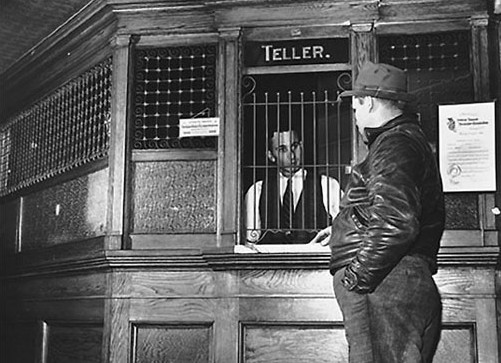The semantics of the Second Machine Age can be tricky. In trying to name hands-free driving, we’ve dreamed up “driverless,” “robocar” and “autonomous car.” Funny thing is, the term “auto” (“by oneself or spontaneous” and “by itself or automatic”), one we already use, would be particularly apt. We held on to the word “computer” when that job transitioned from humans to machines, and the same pattern seems warranted here. The word doesn’t need change–the definition will.
In the same vein, Kevin Roose of Fusion makes a good point about the word “robot”: Our application of the term is currently so inconsistent, it’s lost its value. Additionally, if (almost) everything in our lives becomes robotic, isn’t the term redundant?
From Roose:
Today, many of the devices in our lives are really robots working under pseudonyms. A “smart thermostat” is a robot that raises and lowers the temperature of your house. A “smart home security system” is a robot that keeps you safe. A coffee maker with a Bluetooth chip is a robot that keeps you caffeinated. And then there are all the so-called “software robots”: personal assistants like Siri and Cortana, financial “robo-advisors,” and apps that translate foreign languages on the fly.
As more and more household tasks become automated, the number of robots in our lives is growing rapidly. And the rise of connected devices raises a thorny semantic question: namely, where does “automated process” stop and “robot” begin? Why is a factory machine that moves car parts considered a “robot,” but a Volkswagen with a much more sophisticated code base is just a Jetta?
Instead of trying to gerrymander a definition for “robot” that could account for the differences between all of the varied types of machine intelligence, I propose a different solution: what if we just stopped saying “robot” altogether?•


